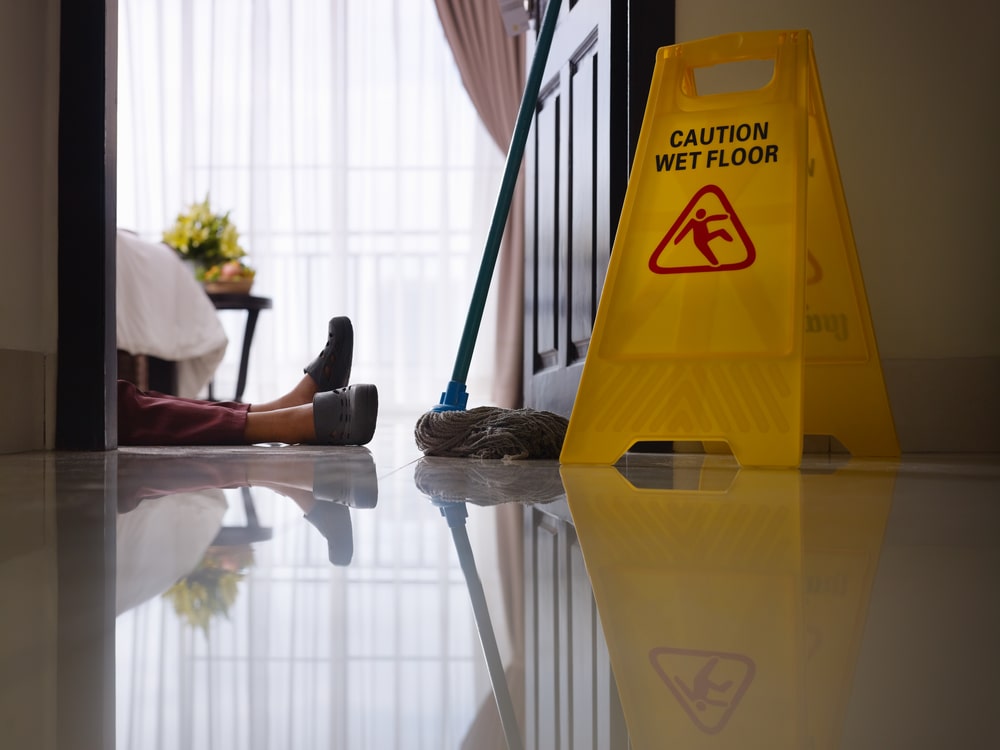
Liability In Slip And Falls
When someone slips or trips and gets hurt on another person’s property, the question of legal responsibility often follows. Property owners have a duty to keep their premises reasonably safe for people who are lawfully there. When they fail to do so and someone is injured, they can be held liable. These cases are more common than many people realize and frequently involve businesses, landlords, or even private homeowners.
Legal Standards For Property Maintenance
The foundation of liability in these situations is based on a property owner’s obligation to maintain safe conditions. This includes regular inspections, prompt repairs, and warning visitors of any known hazards. Whether it’s a grocery store with a wet floor or an apartment building with a broken stair, failure to correct dangerous conditions can result in legal responsibility for any injuries that occur.
In most slip and fall claims, the injured person must prove that the property owner either knew about the hazard or should have known about it through regular inspection. That’s often done by showing how long the hazard existed before the fall happened or whether there were similar incidents in the past.
Evidence That Strengthens Liability Claims
Strong cases are built on clear, documented facts. Photos of the hazard, surveillance footage, witness statements, and maintenance logs can all be useful in establishing that the property owner failed to act. For example, a spilled drink that sat on the floor of a restaurant for more than an hour without being cleaned up may suggest neglect. Likewise, broken handrails or icy walkways that went untreated can point to the same issue.
Prompt documentation after a fall makes a difference. Waiting too long can mean losing access to evidence or missing details that could have supported the case. That’s why injured individuals are often advised to report the incident immediately and seek medical attention right away, which also helps connect the injury directly to the fall.
How Business And Residential Liability Differs
Commercial property owners are often held to a higher standard of care because they invite the public onto their premises. Stores, restaurants, and offices are expected to monitor their space for risks regularly. If a fall occurs due to poor lighting, slippery floors, or blocked walkways, the business could be held accountable.
In contrast, liability for homeowners or landlords depends on whether the injured person had permission to be there and what steps the owner took to fix or warn about dangerous conditions. For rental properties, both the landlord and tenant could share responsibility depending on who had control over the area where the fall happened.
Legal Support Can Make A Difference
Slip and fall cases can quickly turn into debates over who was at fault and whether the injured person was paying attention. Insurance companies often try to shift the blame, saying the fall was caused by carelessness rather than unsafe conditions.
Attorneys can attest to how important it is to gather facts quickly and present a clear account of what happened. Our friends at the firm understand the process of holding property owners accountable and the steps needed to help injured individuals recover compensation.
Final Thoughts On Protecting Your Rights
If you’ve been hurt in a fall on someone else’s property, it’s important to take the situation seriously. A slip and fall lawyer can evaluate whether the property owner failed in their responsibility and help you understand your options. Holding property owners accountable not only helps cover the cost of your recovery—it can also help prevent future accidents.
